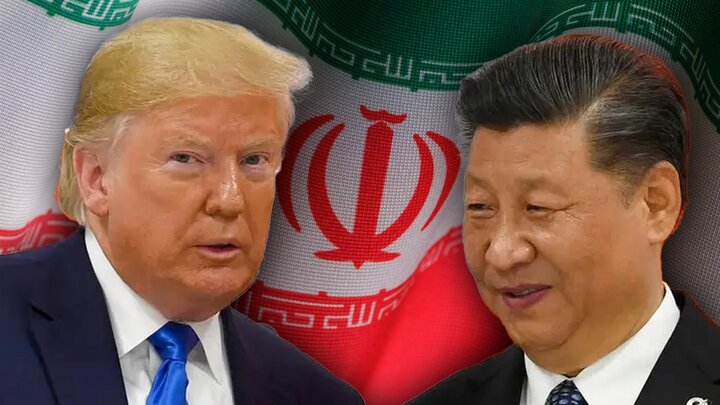China Rejects U.S. Demand to Halt Oil Purchases from Iran and Russia

The English section of webangah News Agency, citing Mehr News Agency, states that amid U.S.-China trade negotiations, the Associated Press noted a possibility of agreement on various issues and the removal of punitive tariffs. However, the two countries remain sharply divided over one key issue: Washington’s demand that China halt its oil imports from Iran and Russia.
Following two days of trade talks in Stockholm, China’s Foreign Ministry responded to Washington’s threat of 100 percent tariffs by saying: “China always secures its energy supply through channels that meet our national interests.”
The statement added: “Threats and pressure will accomplish nothing.China will firmly defend its sovereign rights,security,and development interests.”
This response is notable because Beijing and Washington have been exchanging optimistic signals about reaching an agreement to stabilize relations between these two major economic powers. It underscores China’s determination not to back down in dealings with President Donald Trump’s administration-especially when energy trade intersects with Beijing’s foreign policy.
U.S. Treasury Secretary Steven Mnuchin told reporters after the talks that “[When it comes] to purchasing Russian oil, the Chinese are very serious about their sovereignty.”
He added, “We do not wont to interfere with their sovereignty; thus they prefer paying a 100 percent tariff.”
Mnuchin described Chinese negotiators as “tough” last Thursday but said their toughness has not halted talks. He stated he believes conditions exist for reaching an agreement.
Gabriel Wildau, CEO of consulting firm Teneo, said he has there’s no doubt whatsoever President Trump will indeed impose 100 percent tariffs. He warned such measures would derail recent progress and likely eliminate any chance for Trump and Chinese President Xi Jinping to announce a trade deal.
The U.S.seeks to limit oil sales from Russia and Iran-both meaningful revenue sources-to restrict funding for their military forces.


